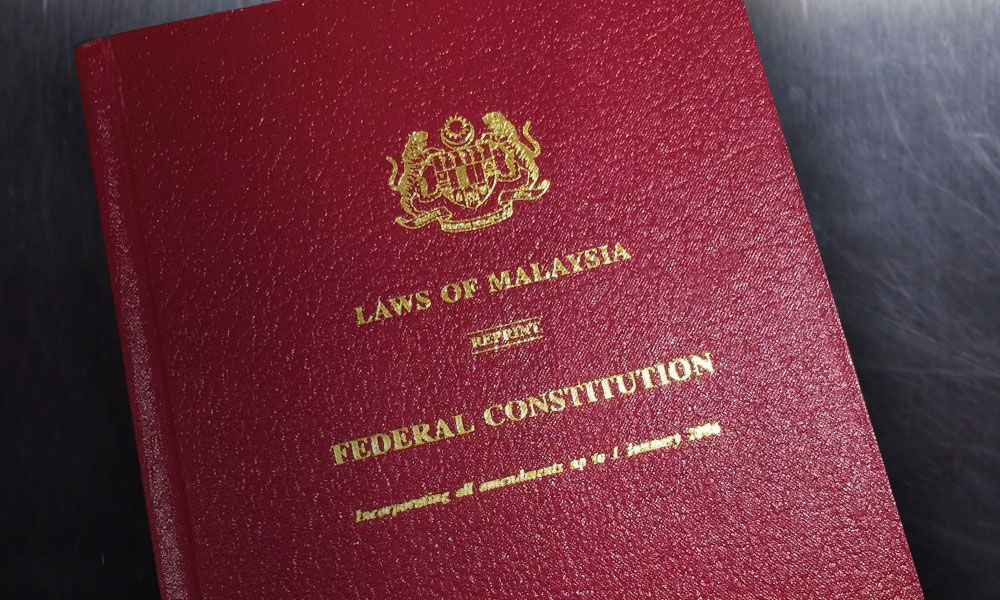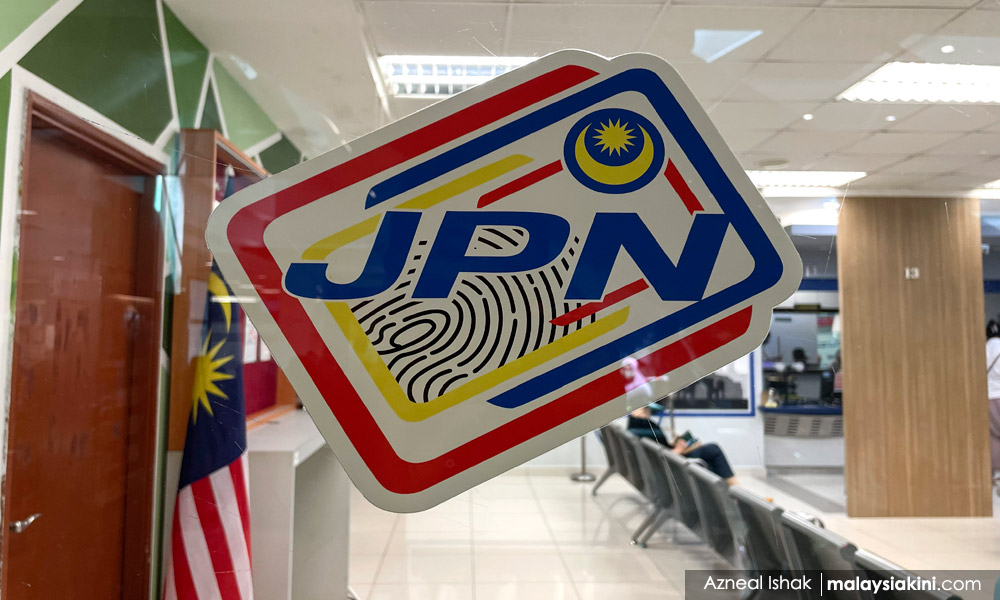PARLIAMENT | Putrajaya wants to amend the citizenship law related to foundlings to prevent it from being abused by foreigners, said Home Minister Saifuddin Nasution Ismail.
Addressing the Dewan Rakyat this afternoon, he said there have been cases where migrant couples abandoned their newborns after giving birth at government hospitals.
Saifuddin alleged that foreigners did this on purpose as they knew that the children could automatically get Malaysian citizenship as per Section 19B, Part III of the Second Schedule of the Federal Constitution.
"It has happened before where foreign mothers, whose partner is also a foreigner so it is clear that neither of them are Malaysian, gave birth at hospitals and then walked out without even paying their hospital bills.
"The migrants’ unpaid hospital bills amounted to hundreds of millions of ringgit. We have the figures.
"The reason they simply abandoned (their newborns) is because they know that under 19B, the children who are born in this country can get citizenship. So they just left them,” he said.
"This didn't happen in 1963. However, now with 3.5 million migrants here, it has changed the landscape of our country's composition. So, this amendment we are going to propose is to prepare us," the minister added.
Saifuddin was responding to Ramkarpal Singh (Harapan-Bukit Gelugor), who questioned the logic behind Putrajaya's plan to make foundlings or their guardian proves the identity of the parents who had abandoned them.
Section 19B, Part III of the Second Schedule of the Federal Constitution states that any newborn found exposed in any place shall be presumed to have been born there of a mother who is a permanent resident unless it can be shown otherwise.
In other words, it applies to foundlings who are discovered with no trace of who their parents are.

According to the statistics Saifuddin provided, there were a total of 142 cases of foundlings between 2013 and this year, and all their applications for citizenship have been processed and decided.
'Control element'
However, under the planned amendment, Putrajaya seeks to change this from citizenship by operation of law to citizenship by registration.
This means abandoned children must register to obtain citizenship as per Article 15A of the Federal Constitution, where the power to grant the status is shifted to the home minister.
According to Saifuddin, the plan to amend Section 19B was aimed at installing elements of control in granting citizenship.
"... we want to do the right thing and we want to prevent granting citizenship to those who do not deserve the status.
"There must be some elements of control. So, this is the true intention behind this amendment proposal," he said.

Earlier today, Saifuddin said something similar at a press conference in Kuala Lumpur - that there had been cases where foster parents obtained fake birth certificates for foundlings they took in.
"Such cases could only be detected when these kids reached the age of 12 and had to apply for MyKad. This is what had happened.
"Another example is migrant couples (abandoning their newborns), of course there must be an element of investigation (before granting citizenship)," he added.
Meanwhile, Saifuddin also told the Dewan Rakyat that the government is not making the proposal to be "cruel".
Instead, he said, their plan is to ease the process of applying for citizenship by amending 14 other related laws.
By doing this, the Home Ministry aims to reduce the length of processing a citizenship application to one year. Saifuddin said some applications had taken up to 10 years previously.
"Between 2013 and this year, there have been a total of 140,000 applications. From this, 49,000 applications have not been decided, of which 14,000 are applications that concern foundlings, adopted children, and children who were born out of wedlock.
"We will settle all these applications based on the amendments to be introduced to our existing laws.
"I am confident that once we adopt (the amendments), it will be the end of a long waiting period."




No comments:
Post a Comment
Note: Only a member of this blog may post a comment.